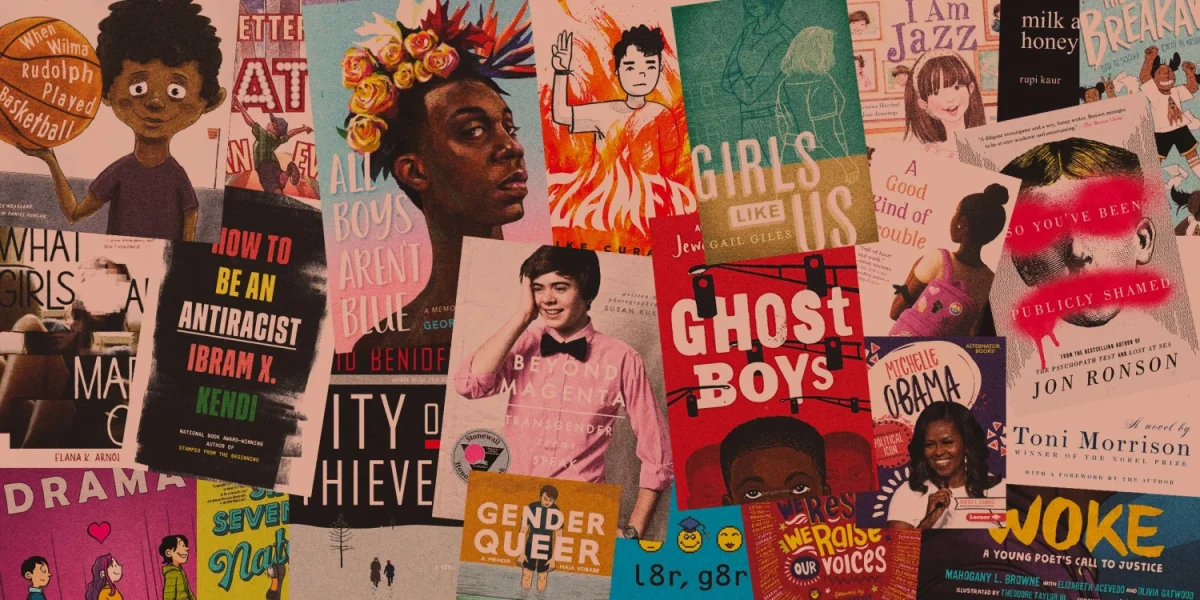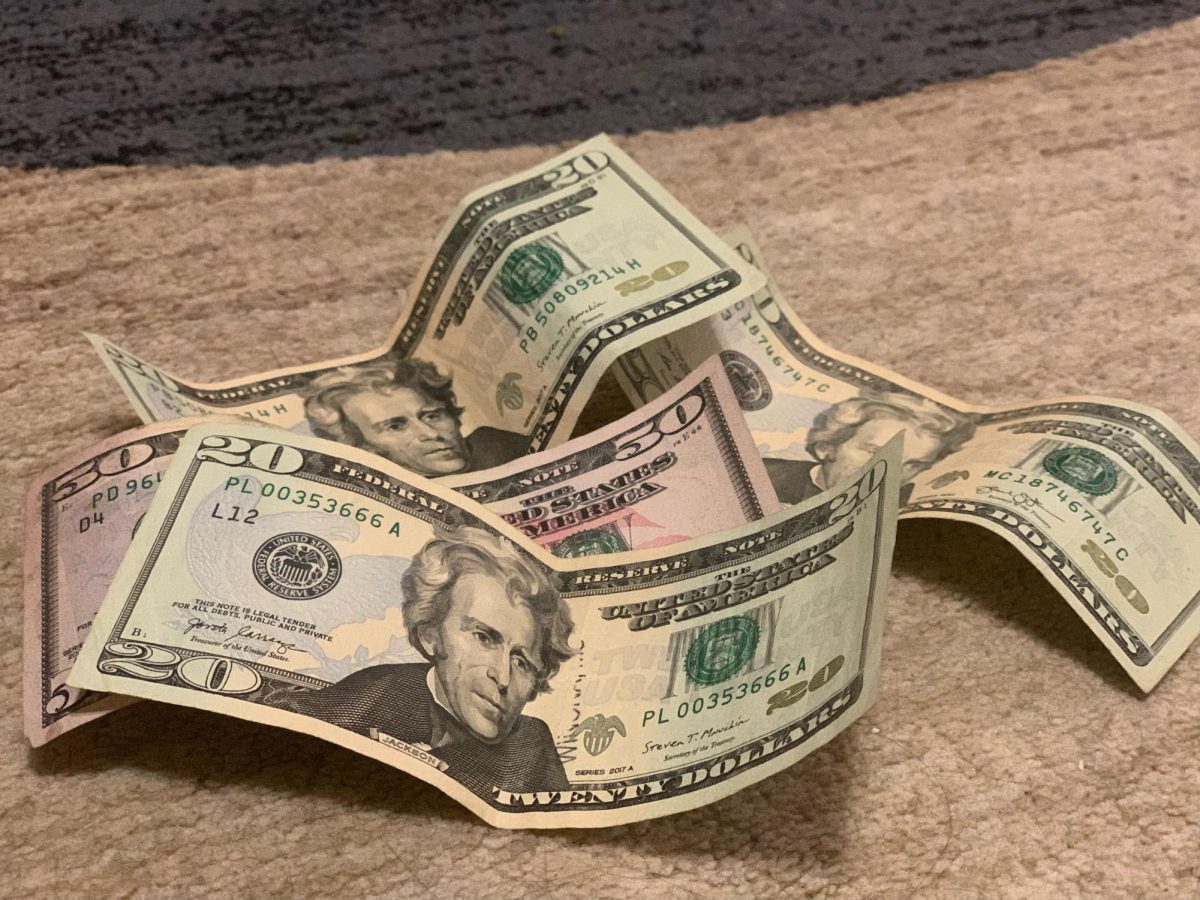
Cheating scandals have repeatedly exposed the problems of competitive sports, revealing how the pursuit of victory can corrupt athletes, coaches, and entire teams. These scandals often serve as pivotal moments that force leagues to change rules and reform to restore trust. Three of the biggest examples in sports is the 1919 Black Sox scandal, the 2012 New Orlans Saints bounty gate illustrate how cheating has evolved over a century, from crude gambling conspiracies to sophisticated technological subterfuge.
In 1919, the Black Sox Scandal remains one of the most infamous cases of sports corruption in history. At its center was a conspiracy between several Chicago White Sox players and professional gamblers, including the well-known Arnold Rothstein. Frustrated by owner Charles Comiskey’s notorious frugality players were even forced to pay for their own laundry key figures like Eddie Cicotte, “Shoeless” Joe Jackson, and Buck Weaver agreed to throw the World Series against the Cincinnati Reds for financial gain. Cicotte, the ace pitcher, signaled his complicity by hitting the first batter of Game 1, a prearranged sign to gamblers that the fix was on. After the scandal became known newly appointed Commissioner Kenesaw Mountain Landis issued a lifetime ban on all eight implicated players, declaring, “Regardless of and jury’s, any player that throws a game will never play baseball again”.
Nearly a century later, the NFL faced its own integrity crisis with the New Orlans Saints bounty gate scandal, a system where coaches would offer cash rewards for intentionally injuring opponents. From 2009 to 2011, defensive coordinator Gregg Williams operated a “pay-for-performance” pool, where players earned bonuses for “cart-offs” (hits that forced opponents out of the game) and “knockouts” (plays that left them unconscious). The scheme, which involved as many as 27 players, specifically targeted star quarterbacks like Brett Favre who suffered a brutal ankle injury in the 2009 NFC Championship and Kurt Warner. The NFL’s investigation, prompted by whistleblower allegations, uncovered documented payments some as high as $1,500 per injury and testimony that head coach Sean Payton had been aware of the program but failed to stop it. The league responded with unprecedented punishments: Payton was suspended for the entire 2012 season, Williams was banned indefinitely, and the Saints lost two second-round draft picks and $500,000 in fines. These scandals demonstrate that cheating in sports evolves alongside the games themselves. The Black Sox exposed the dangers of gambling, Bountygate revealed the purposeful injuring, each case forced leagues to adapt, the NFL’s safety reforms, and the MLB cracking down on players.
As long as sports remain a high-stakes arena of money and prestige, the temptation to cheat will continue, ensuring that scandals will continue to emerge, shock, and reshape the games we love.





